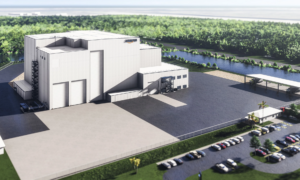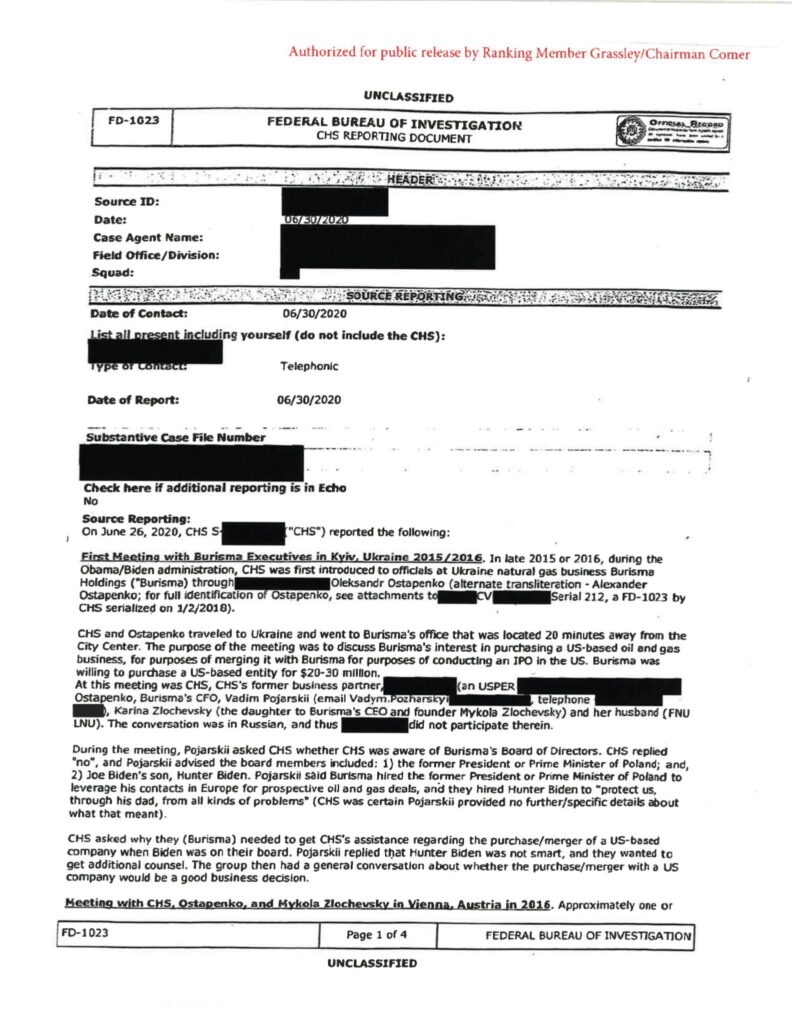
Amazon announced on Friday a plan to launch thousands of satellites from the Space Coast to compete with Elon Musk’s SpaceX Starlink service.
Amazon is setting up a $120 million facility for Project Kuiper, its future low Earth orbit broadband satellite network, at Kennedy Space Center’s former Shuttle Landing Facility in Florida. The 100,000-square-foot facility will be used to prepare satellites for launch at nearby Cape Canaveral Space Force Station, rather than manufacturing satellites on-site.
“We have an ambitious plan to begin Project Kuiper’s full-scale production launches and early customer pilots next year, and this new facility will play a critical role in helping us deliver on that timeline,” Steve Metayer, vice president of Kuiper Production Operations, said in a statement.
The agreement with Space Florida promises up to 50 jobs with an average salary of $80,000 and 300 jobs during construction. Mr. Metayer said these employees will play an important part in the company’s mission to connect tens of millions of customers worldwide.
This is the first major commercial venture into the Launch and Landing Facility, managed by Space Florida through a 30-year property agreement with NASA. Previously known as “Project Comet,” the facility’s tenant remained a mystery until now.
“This partnership not only fuels Florida’s reputation as the gateway to space but also accelerates Space Florida’s mission to transform the Launch and Landing Facility into the premier location for aerospace innovation,” said Lt. Gov. Jeanette Nuñez, chair for Space Florida’s board of directors.
During a ceremony at Kennedy Space Center, Ms. Nuñez, along with other state elected officials and Amazon executives, signed their names on a girder that will become a part of the construction. The ceremony took place when the ground was broken for the facility in January.
Constellation of Over 3,000 LEO Satellites
Amazon’s Project Kuiper aims to deploy a constellation of 3,236 broadband satellites with up to 92 launches over five years, partnering with United Launch Alliance (ULA), Arianespace, and Amazon boss Jeff Bezos’s other space venture Blue Origin for launch services.
Mass production of satellites will begin at Amazon’s new plant in Washington before the end of 2023, with the Space Coast facility handling final preparation and launch. The new satellite-processing facility in Florida will handle satellite shipments, conduct final preparations for launches, and integrate satellites with launch vehicles, including heavy-lift rockets like Blue Origin’s New Glenn and ULA’s Vulcan Centaur. It will feature a 100-foot tall high bay clean room for payload fairing assembly.
Amazon’s goal is to build a satellite network to rival SpaceX’s Starlink, providing fast and affordable broadband worldwide.
Amazon is receiving matching grants from the Florida Department of Transportation for building costs, with Space Florida acting as the landlord.
Space Florida aims to transform the Launch and Landing Facility into a premier location for aerospace innovation.
“We are proud to continue our investment in Florida and to join the historic Space Coast community as we invest in people and facilities to support Project Kuiper, Amazon’s satellite broadband network,” said Brian Huseman, vice president of public policy and community engagement at Amazon.
Mr. Huseman expressed gratitude to Gov. Ron DeSantis (R-Fla.) and his administration, along with regional partners, for their investment in infrastructure, workforce training, and fostering an economic environment that enables Project Kuiper’s mission.
The satellite processing facility is part of Space Florida’s efforts to increase the state’s infrastructure investment in the aerospace industry to $10 billion by the end of the decade.
Amazon’s new satellite facility in Florida is part of its ongoing investments in the U.S. space industry. It has secured 77 heavy-lift launch vehicles from U.S. providers Blue Origin and ULA, with most launches taking place in Florida.
These launch agreements will create jobs and support suppliers across 49 states, particularly in Alabama, Florida, and Colorado. The investments will also benefit Cape Canaveral’s infrastructure and service upgrades for other commercial and government customers.


















































